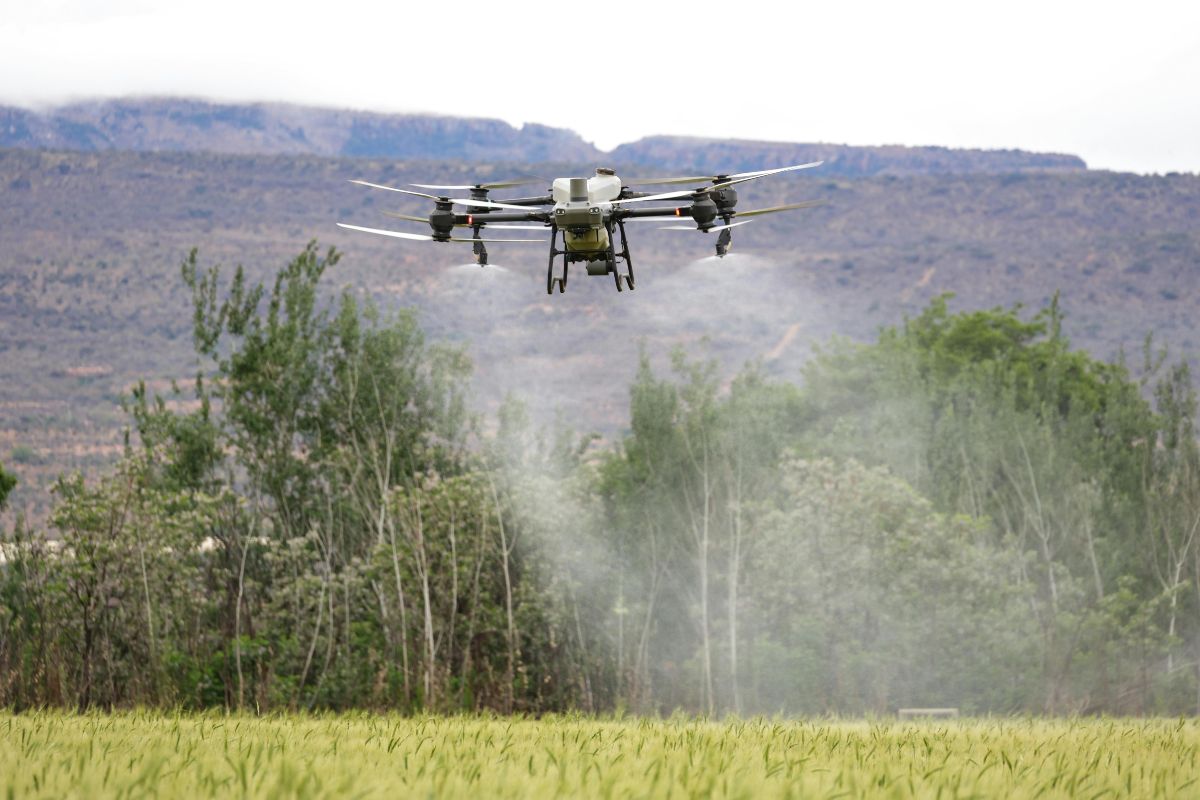On June 23, 2025, the Madhya Pradesh Forest Department demolished more than 50 houses in Kheoni Khurd village, Dewas district, Madhya Pradesh, leaving multiple tribal families homeless. The pretext for the action was to remove encroachment from the Kheoni Wildlife Sanctuary area.
The Human Cost
Ramesh Barega, 45, who has lived in the village for generations, expressed his anguish: “They demolished our homes without proper notice.” Where will children and the elderly go during the rains?” The timing of the demolition was particularly harsh, coinciding with the monsoon season.
Mamta Bamnia, 32, described the devastating impact: “My children’s books are buried under the debris. We are sitting on the road in the rain.” All affected families claimed they possessed valid land documents under the Forest Rights Act 2006.
Official Response vs Ground Reality
The Forest Department asserted that they issued notices one month in advance and passed eviction orders on June 14. Officials stated that they repeatedly asked families to voluntarily remove encroachments in 2022, 2023, and 2024. According to SDO Vikas Mahore, the PM Awas Yojana-Gramin scheme has already sanctioned pucca houses for 49 out of 51 affected people.
However, Kailash Solanki, a local resident, questioned, “If they sanctioned houses for us, why did they make us homeless?” Could you please explain why we haven’t been given access to those houses?
Massive Tribal Protest
The incident sparked widespread outrage among tribal communities. On June 27, the Janjati Vikas Manch organised a massive rally from Khategaon to the Collectorate, involving approximately 5,000 tribals from seven districts, including Dewas, Harda, Sehore, Khandwa, Khargone, Dhar, and Betul.
Protesters raised slogans like “Jal, Jungle, Zameen Hamara Hai” (Water, Forest, Land is Ours) and demanded immediate action against responsible officials, permanent housing, and compensation for affected families.
Political Intervention
The incident drew significant political attention. Tribal Affairs Minister Vijay Shah visited the affected families, while Chief Minister Dr. Mohan Yadav ordered immediate relief measures, including six months’ food supplies, tarpaulins, and Rs 20,000 per family.
Union Agriculture Minister Shivraj Singh Chauhan also intervened, meeting tribal representatives and accompanying them to the Chief Minister’s residence. The National Scheduled Tribes Commission took immediate action and issued notices to district collectors and forest officials.
आज अपने संसदीय क्षेत्र अंतर्गत खातेगांव विधानसभा के खिवनी खुर्द गांव पहुंचकर वन विभाग की कार्रवाई से प्रभावित जनजातीय भाई-बहनों से मुलाकात कर उनका हाल-चाल जाना और चर्चा की।
इस गंभीर विषय को लेकर हम जनजातीय भाई-बहनों के साथ माननीय मुख्यमंत्री श्री @DrMohanYadav51 जी से भी मिले… pic.twitter.com/ysuOLspuVu
— Shivraj Singh Chouhan (@ChouhanShivraj) July 5, 2025
The Bigger Picture
Established in 1955, the Kheoni Wildlife Sanctuary was expanded in 1982 and 2006. The sanctuary serves as a crucial corridor between Satpura Tiger Reserve and Melghat, with increasing tiger populations. The relocation of 96 beneficiaries in 2016-17 came with compensation of Rs 10 lakh per family.
Tribal activist Rajkumar Sinha called the action a violation of the Forest Rights Act 2006 and Article 21 of the Indian Constitution. He emphasised that tribal communities have scientifically proven contributions to forest conservation, which makes their eviction both unjust and environmentally harmful.
Despite government assurances, Ground Report’s team found that relief materials hadn’t reached villagers by July 1, and temporary shelters weren’t prepared. The decision to expand the sanctuary area has been postponed, but questions remain about the government’s rehabilitation efforts.
Union Agriculture Minister Shivraj Singh Chouhan visited Kheoni Khurd village in Dewas district on Saturday, July 5, meeting with affected families and assuring them of the government’s support. He promised action against officials responsible for the “inhuman act” and announced measures including land titles for long-time occupants, financial assistance from MP discretionary funds, provision of tin sheds, rations, and essential supplies, and expedited road work. A survey will assess damage and provide compensation to affected tribal families. He clarified that villagers can continue using traditional land for agriculture, with issues only arising with new encroachments.
This incident highlights the ongoing conflict between conservation policies and tribal rights, demanding urgent attention to ensure constitutional protections for indigenous communities while maintaining ecological balance.
Support us to keep independent environmental journalism alive in India.
More Video Reports
MP’s Wild Honeybees Vanishing: Ancient Harvest Methods Under Fire
Tapti Basin Mega Recharge Project: Water Crisis Solution for Two States
Story of Mala Nimbalkar: Rag Picker to Manager of MRF centre in Bhopal
Biodiverse Kheoni wildlife sanctuary of Madhya Pradesh
Stay connected with Ground Report for underreported environmental stories.
Follow us on X, Instagram, and Facebook; share your thoughts at greport2018@gmail.com; subscribe to our weekly newsletter for deep dives from the margins; join our WhatsApp community for real-time updates; and catch our video reports on YouTube.
Your support amplifies voices too often overlooked—thank you for being part of the movement.







